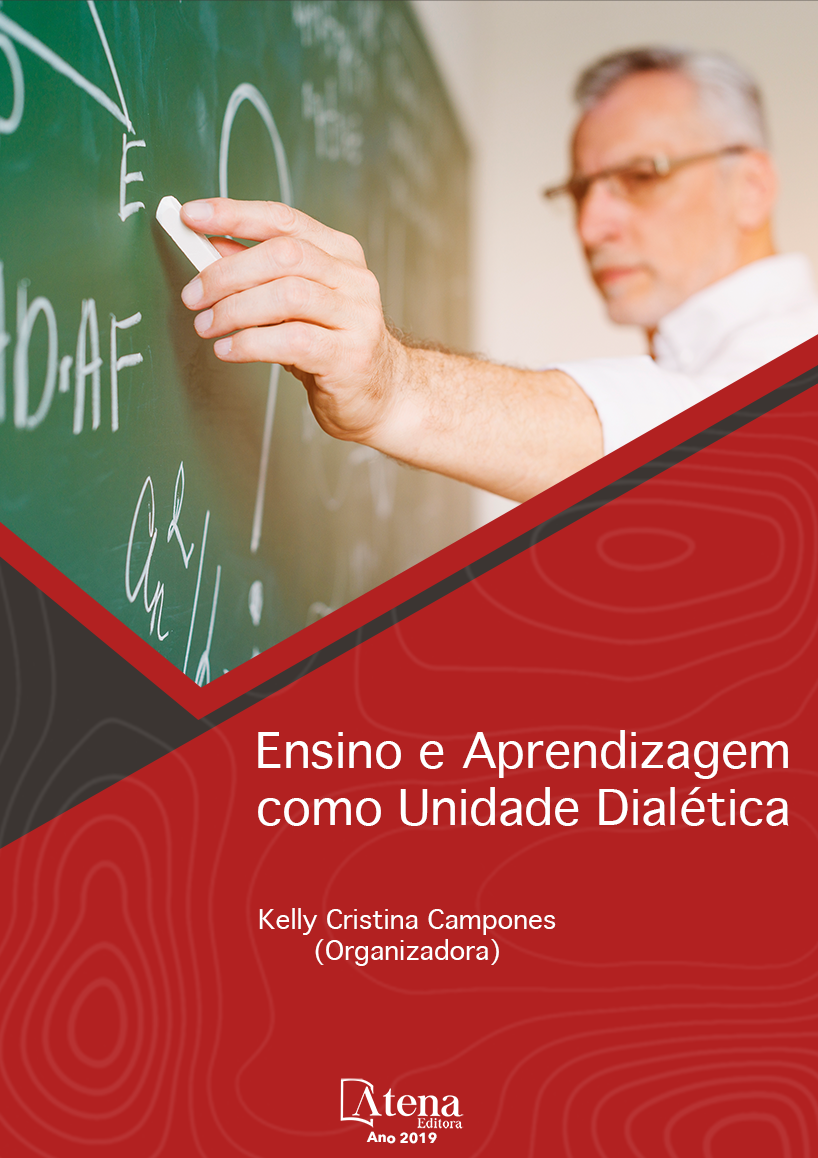
OS ARTÍFICES DA FORMAÇÃO INICIAL E CONTINUADA: O CONHECIMENTO TEÓRICO/PRÁTICO DESENVOLVIDO NO CURSO DE PEDAGOGIA/PARFOR
Este artigo tem como objetivo
analisar o sentido/significado que professoras/
acadêmicas conferem ao curso de Pedagogia
do PARFOR, ofertado pela Universidade do Vale
do Rio dos Sinos. A investigação ocorreu dentro
do ambiente virtual de aprendizagem Moodle.
A ferramenta escolhida para coletar os dados
foi o fórum. A análise das repostas/postagens
possibilitou perceber que as professoras/
acadêmicas buscaram a qualificação e teorização
de sua prática docente, que vai além da titulação
pela titulação, querem sim a legitimação, mas
querem também o que a ela subjaz, que é o
conhecimento sistematizado. Este movimento
provoca o estreitamento do diálogo entre
universidade e escola, bem como alterações
no papel do professor formador que precisa
considerar a ambivalência da formação inicial
que neste caso é também continuada. Exigindo
assim deste professor o desenvolvimento de
intencionalidades pedagógicas que possibilitem
as professoras/acadêmicas situar-se no
contexto educativo, estabelecendo articulações
com a prática docente, além de refletir sobre
suas experiências, (re)construindo saberes e
conhecimentos sobre o cotidiano escolar.
OS ARTÍFICES DA FORMAÇÃO INICIAL E CONTINUADA: O CONHECIMENTO TEÓRICO/PRÁTICO DESENVOLVIDO NO CURSO DE PEDAGOGIA/PARFOR
-
DOI: 10.22533/at.ed.81819150730
-
Palavras-chave: Pedagogia PARFOR. Prática docente. Relação Universidade e Escola.
-
Keywords: Pedagogy PARFOR. Teaching practice. University and School Relations.
-
Abstract:
This article aims to analyze the
meaning / meaning that teachers / academics
confer on the PARFOR Pedagogy course
offered by the University of Vale dos Rio dos
Sinos. The research took place within the virtual
Moodle learning environment. The tool chosen
to collect the data was the forum. The analysis
of the answers / postings made it possible
to perceive that the teachers / academics
sought the qualification and theorization of
their teaching practice, which goes beyond
titling by titling, rather they want legitimation,
but they also want what underlies it, which is
systematized knowledge . This movement
provokes the narrowing of the dialogue between
university and school, as well as changes in
the role of the teacher trainer who needs to
consider the ambivalence of the initial formation
that in this case is also continued. This requires
the development of pedagogical intentions that
allow teachers to be situated in the educational
context, establishing articulations with the
teaching practice, as well as reflecting on
their experiences, (re) building knowledge and
knowledge about everyday school life.
-
Número de páginas: 15
- Lui Nörnberg


